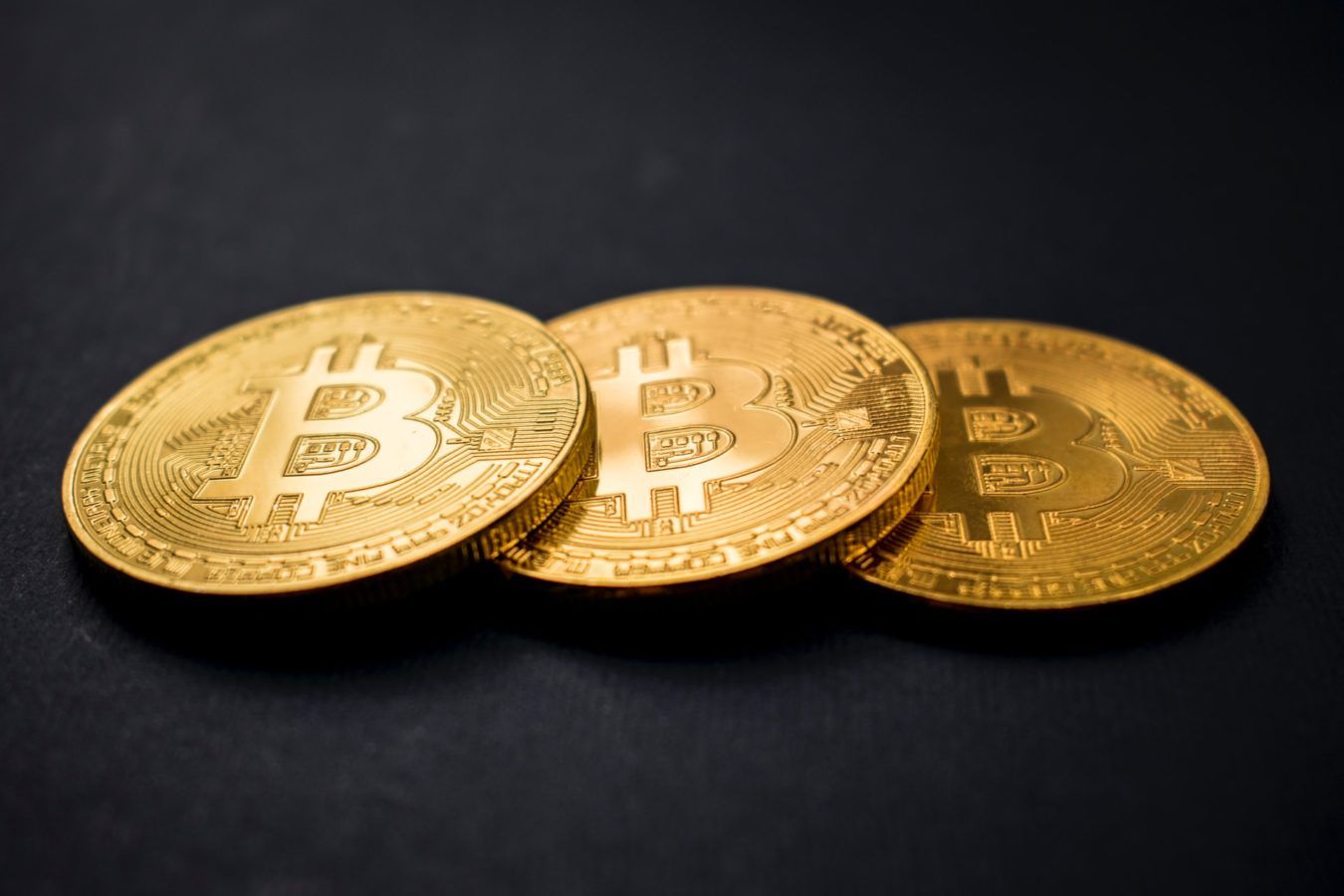When it comes to investing, knowledge is power. That’s why so many people who trade crypto and other assets keep their eyes peeled for scams. Unfortunately, there are lots of people out there looking to take advantage of those who don’t know what they’re doing. If you’re thinking about investing in crypto or other assets, here are some common scams to avoid.
Fake Exchanges
You’re probably used to the idea that you need to use a secure computer when you’re online. But when it comes to crypto exchanges, there are a lot of details that people might not know. The first is that trading platforms are often hacked. Some of these hacks are due to weaknesses in the exchange’s code. Others are the result of human error. Whatever the cause, though, the end result is the same: your investment is stolen. Two other issues that you may come across are phishing and spoofing. Phishing is when a scammer pretends to be a legitimate exchange and tries to get you to enter your login details. Spoofing, on the other hand, happens when scammers trick you into thinking the site you’re using is legit when it isn’t. This isn’t easy to do if you’re careful, but it can happen. So before you use an exchange, take a few minutes to make sure it’s legit.
Peer to Peer Investments
Another common crypto scam these days is peer to peer investments. With this trick, someone poses as an investor and promises to give you a great deal if you put money into some of their “exclusive” deals. The scammers make up fake investment opportunities and promise big returns. Unfortunately, it’s extremely unlikely that you’ll ever see this money. If you get involved in one of these scams, you are unlikely to get any of your money back. The best way to avoid this scam is to steer clear of any investment that someone approaches you with out of the blue. If you’re interested in investing in crypto, you’re better off going through an established platform. There, you can learn about different types of crypto assets and choose the ones that are best for you.
Binary Options
Another crypto scam you might run into is binary options. This is a form of investment that was popular a few years ago. However, it was banned in the U.S. a few years ago because it was so heavily associated with fraud. Unfortunately, scammers have found a new way to trick people: by calling their scams “crypto binary options”. This isn’t the same thing as binary options, though. It’s a form of investment that’s just as likely to be a scam as the original version. The only difference is that it uses crypto as an excuse to trick people out of their money.
Live Events
If you’ve spent any time reading about crypto-related scams online, you’ve probably heard of the fake event. This is a scam that involves falsifying information about a crypto event on Bitcoin investing. The scammers might say that a company is partnering with another company when they aren’t or that they’re releasing a new product when they aren’t. Unfortunately, this scam is pretty easy to fall for, especially if you’re new to the crypto space. The scammers often create fake websites and social media accounts to spread their lies. The best way to avoid falling for this trick is to be skeptical of everything. If you find out about an event, double-check that multiple sources have reported it. And, again, be careful of everything you see online.
New Coins from Discredited Developers
Last but not least, you should be careful of new coins from discredited developers. This happens sometimes when developers have been involved in scams in the past. Scammers often create a new coin, bring in investors, and scam them again. For example, a few years ago, a scammer created a coin called Ubiq. They made up a story about how it would change the world and attract investment. Then, when people had invested a lot of money, they disappeared. Now, scammers are creating new coins and using the same name. This scam can be hard to avoid. However, if you do your research and gather information from reputable platforms for trading, you should be able to identify it from a mile away.



